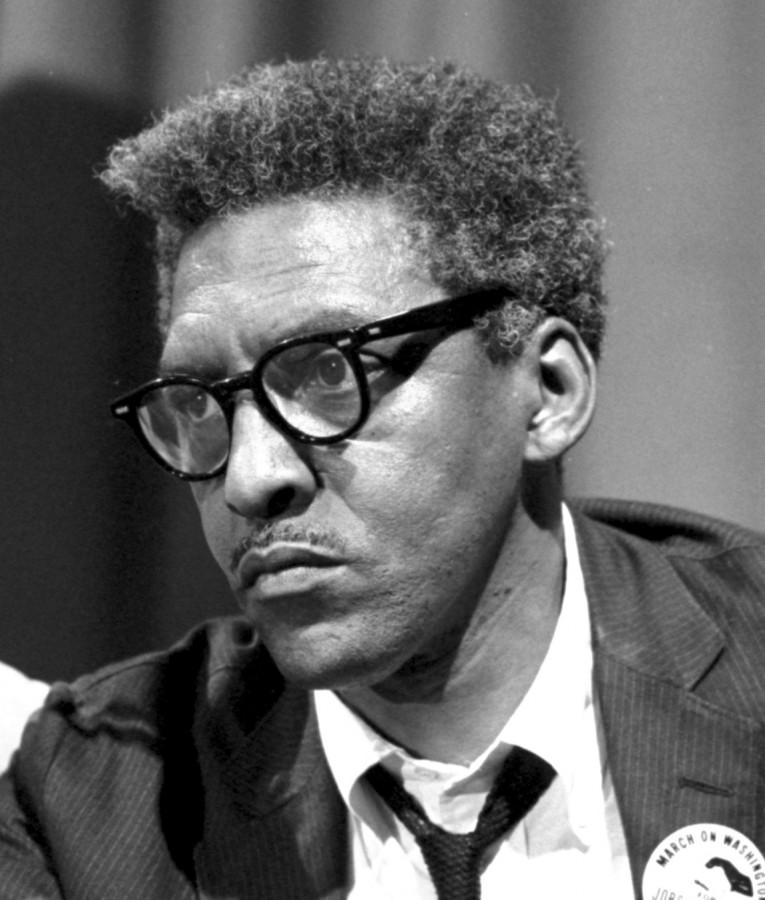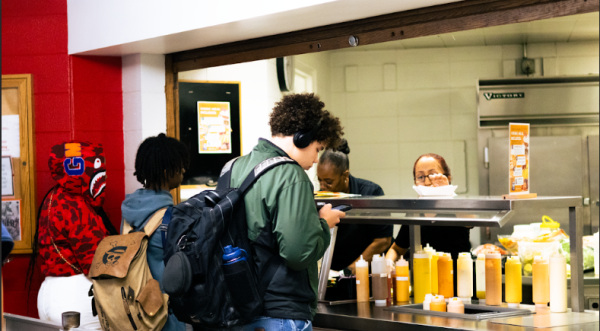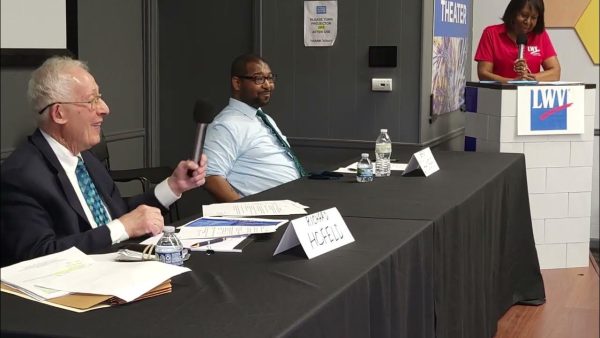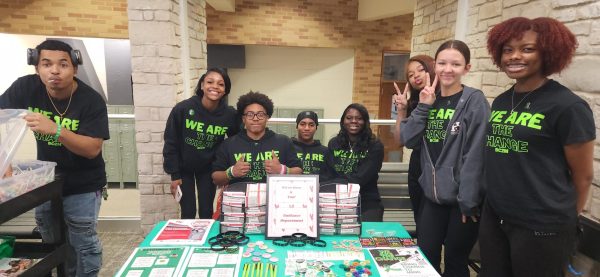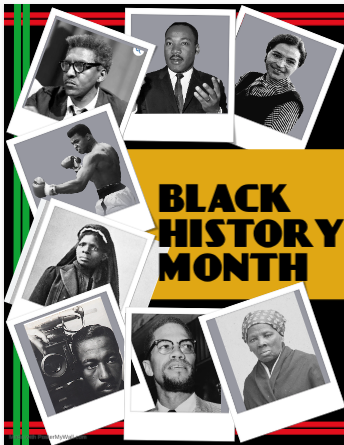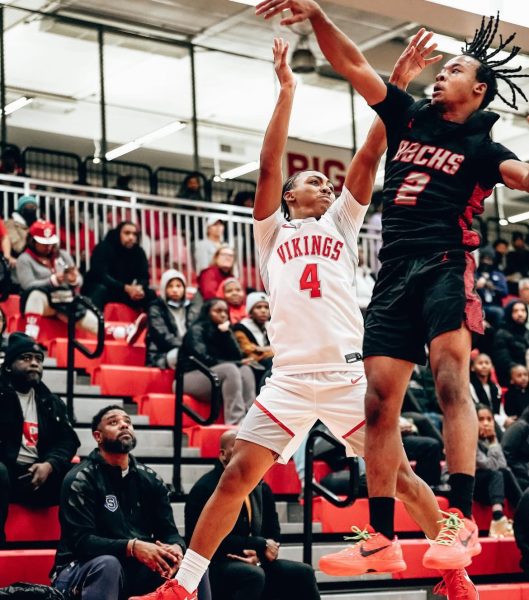Do we still need Black History Month?
Comedian Chris Rock once joked that white history month is 11 months long while black people are lucky enough to receive the shortest, coldest month for Black History Month.
It’s been nearly 40 years since the first February celebrating Black History and some question whether the month is still needed. Or why there isn’t a white history month.
However, English teacher Javin Cotton said Black History Month can be an important “moment of reflection.”
“[African American] culture has a rich history where students of that culture and of that race need to continuously know about their heritage. Students of other races and cultures should also know about [the cultures] of those they interact with and get to know on a daily basis,” Cotton said.
Sophomore Amber Haywood says black history should not be looked at as something we celebrate just one month a year.
“African American History Month is just a way for white people to suppress black people where white people have given black people a month and said, ‘Here you go, now don’t complain about anything else.’ In reality we should be complaining because black people really don’t have any quality or any freedom,” she said.
Studying black culture has a lot to offer, she said.
“Black history should be portrayed not only in February, but it should be portrayed around the year because black history is so enormous and black people have done so many things for this country that white people just don’t recognize,” Haywood said.
Black History Month is a chance to reflect on a culture often forgotten in history books, English teacher Joshua Brown said.
“Most of the time, most of the months become white history month because we don’t take the time to think about viewpoints that a majority of Americans have not experienced, so it’s important to remember everybody, not just the majority,” he said.
Brown says the point is to think about black history.
“I think that a lot of Black History Month is about reminding people about what really happened in American history,” he said. “Sometimes we need to take time to remember that.”
Perhaps some people question Black History Month because often the same people are talked about, like Martin Luther King, Rosa Parks and Maya Angelou, but there are other black people in history who have made major contributions.
“Few would argue that a U.S. History class would be complete without mentioning Dr. Martin Luther King Jr. or Frederick Douglass because of their undeniable place in the history of civil rights and race relations. That does not, however, mean that they are the only people that might illustrate this story,” African American History teacher John Schmidt said in an e-mail.
Sophomore Kacy Kirk said there are different ways schools can celebrate and educate students about Black History Month, including talking about lesser-known figures.
“I think they can hang up posters with facts, have quotes from black people for the Viking thought of the day and have teachers talk about it in class,” Kirk said. “We tend to talk about the same people a lot.”
Regardless of which black stories are told, English teacher Tracy Badger says it’s important to continue the conversation.
“[Society] is still not where it needs to be today so we need to talk about it because it’s a long going process that although we’ve come a long way, I think we still have some work to do,” she said.

